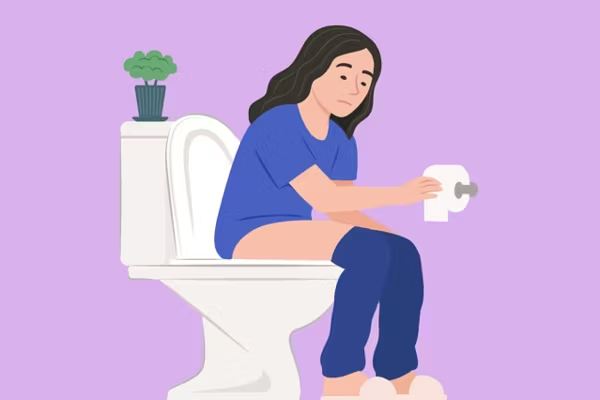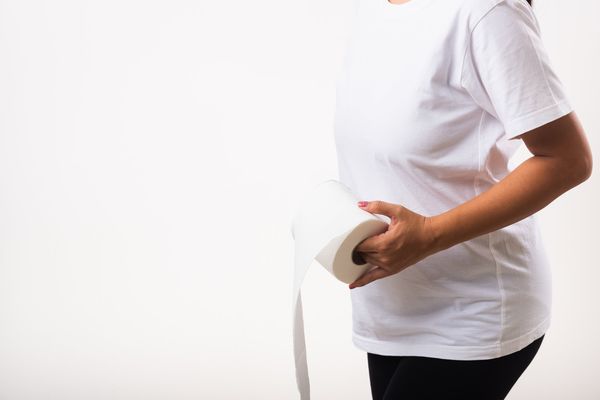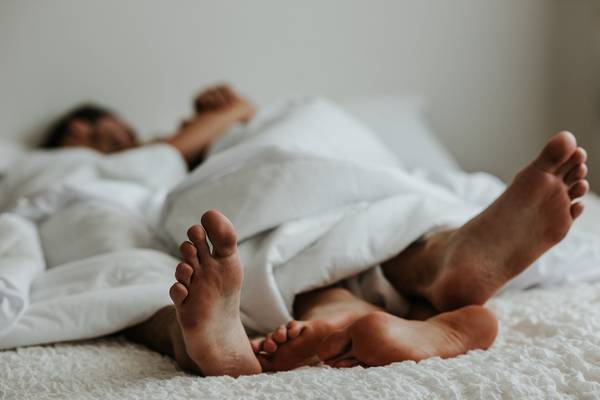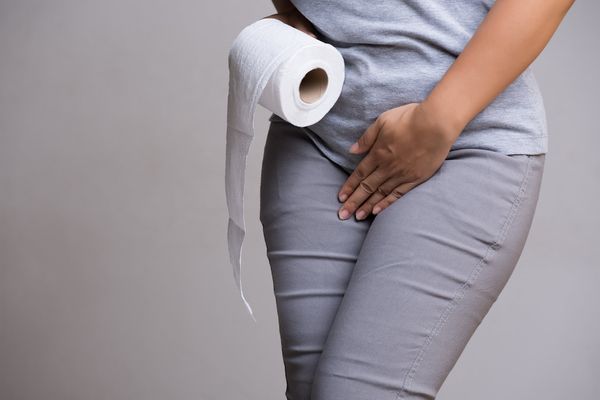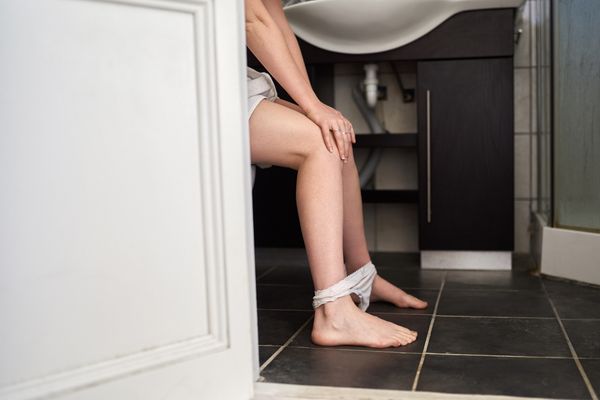By Nicole Kwan
If you've found your urge to go the the bathroom—and your ability to control it—has changed over the years, you're not alone.
"As women age, the capacity of the bladder reduces and it becomes more reactive," says Elizabeth Kavaler, M.D., urogynecologist and urologist and managing partner of Total Urology Care of New York in New York City. "When the urge comes on, it's very sudden."
Overactive bladder is a group of urinary symptoms, the most common being the sudden, uncontrollable urge to urinate. You may also experience incontinence, increased frequency of urination, and sleep disruptions due to waking up in the middle of the night to urinate. Overactive bladder affects an estimated 40 percent of women, according to the Urology Care Foundation (UCF).
To understand how your bladder changes, let's start with a refresher on the basics of how the urinary tract works. Your kidneys produce urine, which is stored in the bladder. The bladder is relaxed when it is empty, but when it gets full, nerve signals in your brain make you feel like you need to urinate. Then, when it's time to urinate, your brain signals your bladder muscles to contract, forcing urine out of your urethra.
When your urinary system is functioning normally, you can hold off on urinating for a while. But as we age, our neurological signaling changes, affecting our ability to delay things.
"The brain-bladder connection and signals become somewhat altered as the brain deteriorates," Kaveler says. "The signals transmitted through our nervous system get scrambled a bit and are not as well controlled."
With an overactive bladder, you may experience incontinence, or accidental urination. This occurs when the brain isn't processing signals well enough to inhibit the bladder muscle contraction, and the bladder empties involuntarily.
The bladder's capacity also changes with aging.
"It's very subtle. It's not like all of a sudden overnight, you can't hold anything," Kavaler says. "But your capacity could go from 500 cc to, in your 50s, 150 to 200 cc (or 5 to 7 ounces). You could start to feel the urge to go then, or start to have bladder spasms."
While these changes are normal with aging and the body's shifts over time, it doesn't mean that you're destined to suffer from bladder issues. The prevalence of overactive bladder with or without incontinence increases with age in both women and men. It should not be considered part of the normal aging process.
"Just because you're over 50 doesn't mean you need to do something about whatever is happening — sometimes you just need to go a little more often and be more responsive to the needs of your body and you'll be OK," Kavaler says.
If you think you're experiencing symptoms of overactive bladder, speak with your healthcare provider about your options.
This resource was created with support from Astellas.


